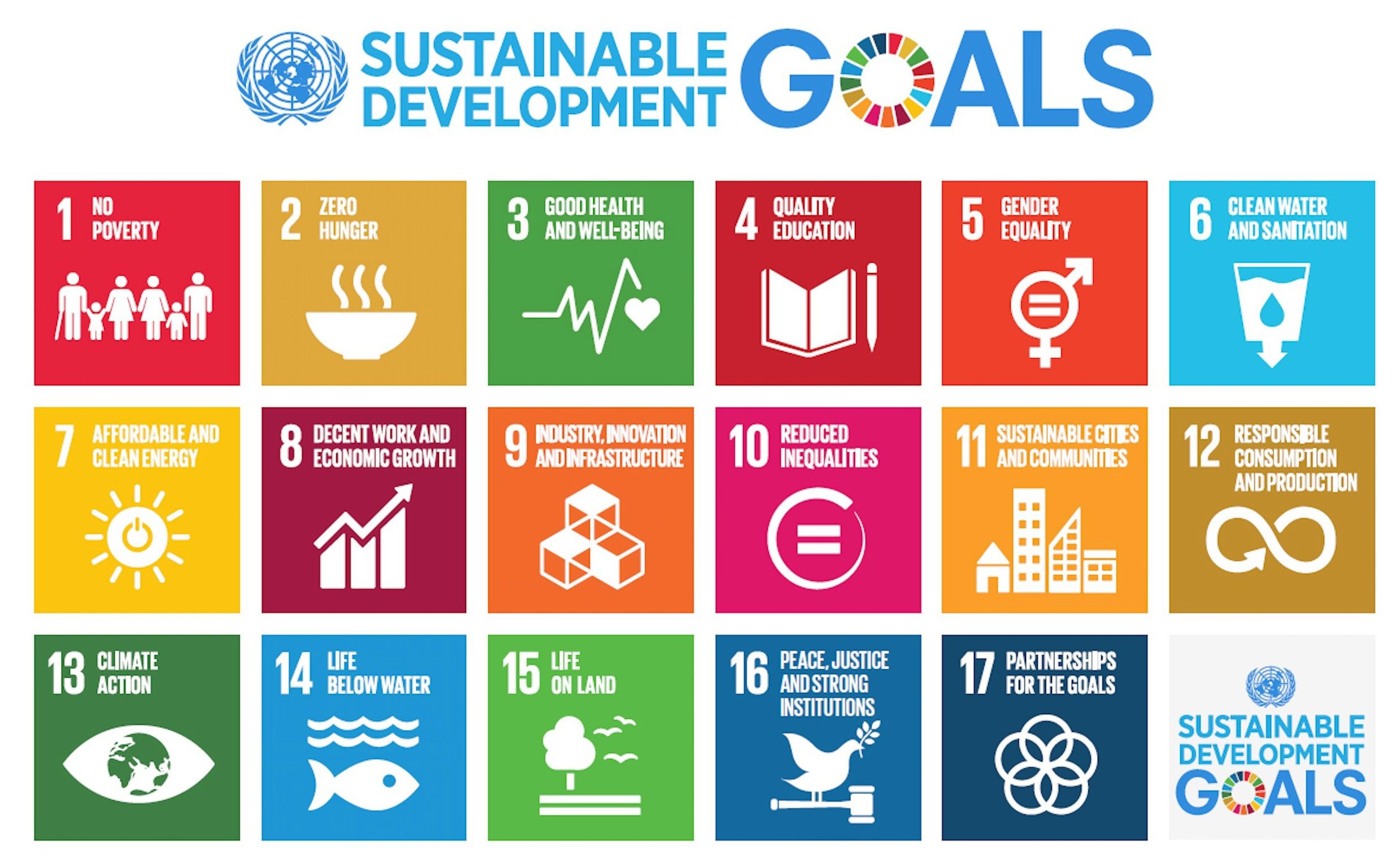
Course review: Global Toxicology and Sustainable Development
Air pollution, global warming and UN sustainable goals. These are all terms that we see on the news on a regular basis. Luckily, during the second year of the Master’s Programme in Toxicology, there is a course called Global Toxicology which allows us to study what’s really going on.
Course layout
The course is 2-weeks long with lectures, a group assignment and an exam at the end. The lectures were a bit different from the previous courses as we had to deal with more philosophical and ethical questions.
One of the first questions we were asked was: Why sustainable development and what is sustainable development? According to the UN, Sustainable development is a development that meets the needs of the present without compromising the ability of future generations to meet their own needs.
Think about it like this, if we destroy the world and use all the world’s recourses, what will the next generations have to live with?
Everyone might have their own opinion of course, but I would like to have my kids and their kids to live in a nice world in the future! How we can work towards it together? We discussed this all throughout the course.

The 17 UN Sustainable Development Goals (source: https://sustainabledevelopment.un.org)
Group assignment
The group assignment was something that really caught my attention since we were allowed to choose one topic of concern in our environment. Some topics that were brought into light were: the effect of the leather industry, the overuse of antibiotics and the impact of air-conditioning. My group decided to learn more about the environmental impact of fast fashion and I would like to share some thoughts about my research on this topic.
Fast fashion
So, let’s start with what fast fashion actually is. One definition of fast fashion is:
Throughout the course, it became clear that in this industry it is not sewing clothes that is necessarily harmful. It is the way how fabrics are made and coloured. There are several parts in the world where the production of fabrics is concentrated and unfortunately, many manufacturing companies are not aware of the serious health effects of the unprotected workers and the neighbouring villages that are dealing with polluted drinking water and affected crops.
It is easy to take all the products that we use in our daily lives for granted. However, throughout this course it made me think twice whether I should indeed buy that new pair of jeans while I already have many others lying around in my closet. Because, did you know that in order to make a new pair of jeans, thousands of liters of water is used? There are many areas in the world where clean water is still lacking, and it is a fact that the clothing industry is wasting tons of clean water. Also, it is extremely difficult to recycle clothes that contain several different fabrics. Too many clothes are produced and the easiest way to get rid of them is to burn them or they will end up in a landfill in African countries which at the end affect our environment. The idea of recycling clothes sounds nice, but it seems like we are not there yet.
I don’t want to discourage you with this post nor tell you not to buy clothes. One of the tasks during the course was to think about solutions or ways to prevent the environmental impact of the excessive amount of clothes that are produced in this world. One trend that I like nowadays is that there are many second-hand clothing stores and markets. Buying your clothes from these shops would definitely extend the life of clothes! Or what about those brands that release clothes or products from recycles materials? Supporting fair trade brands is also a great way to protect our environment and also the workers in this industry.
Sustainable development at KI
Sustainable development is something that even KI puts a lot of focus on. Did you know that KI has its environmental and sustainability management system?
And did you know that KI hosted already several conferences about sustainable development? This year we hosted a seminar about chemicals, drugs and sustainable development for Swedish high school students!
If you want to know more about KI’s environment and sustainability work go to the website!
Sustainable development, it is something we hear so often but have you thought about how you can contribute? If so, comment below!

0 comments